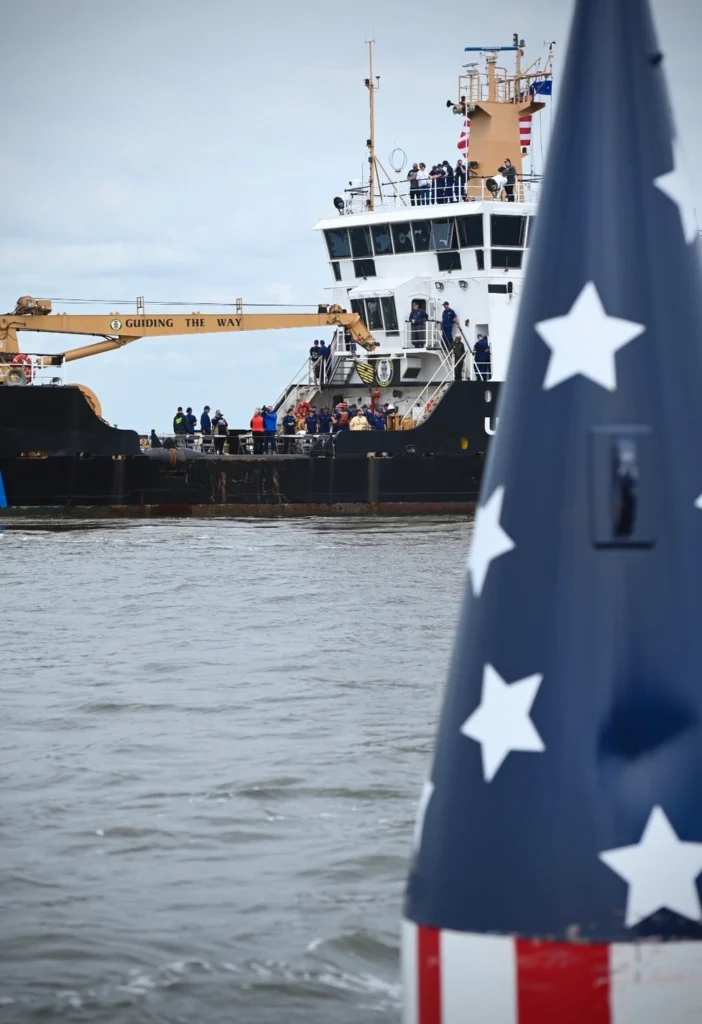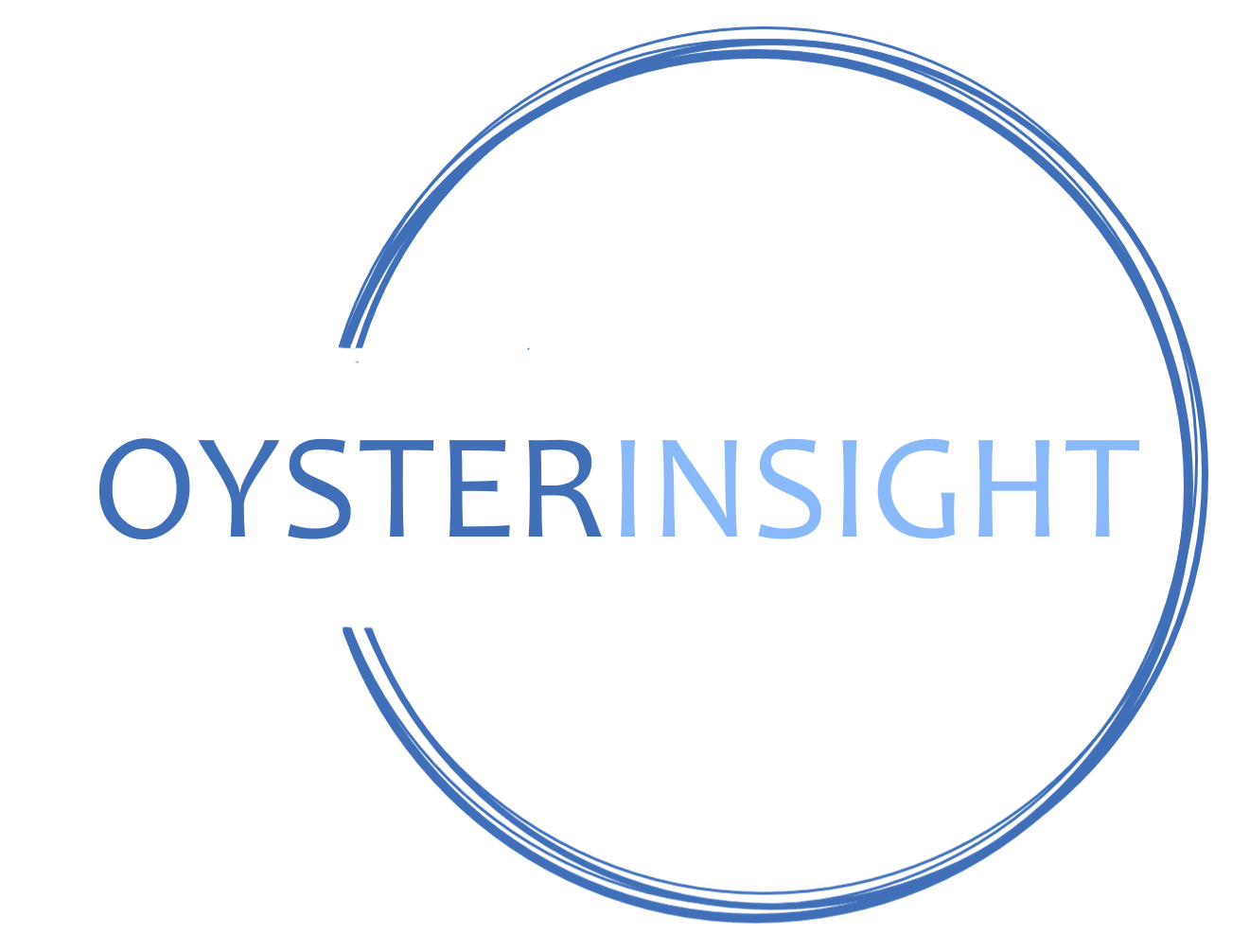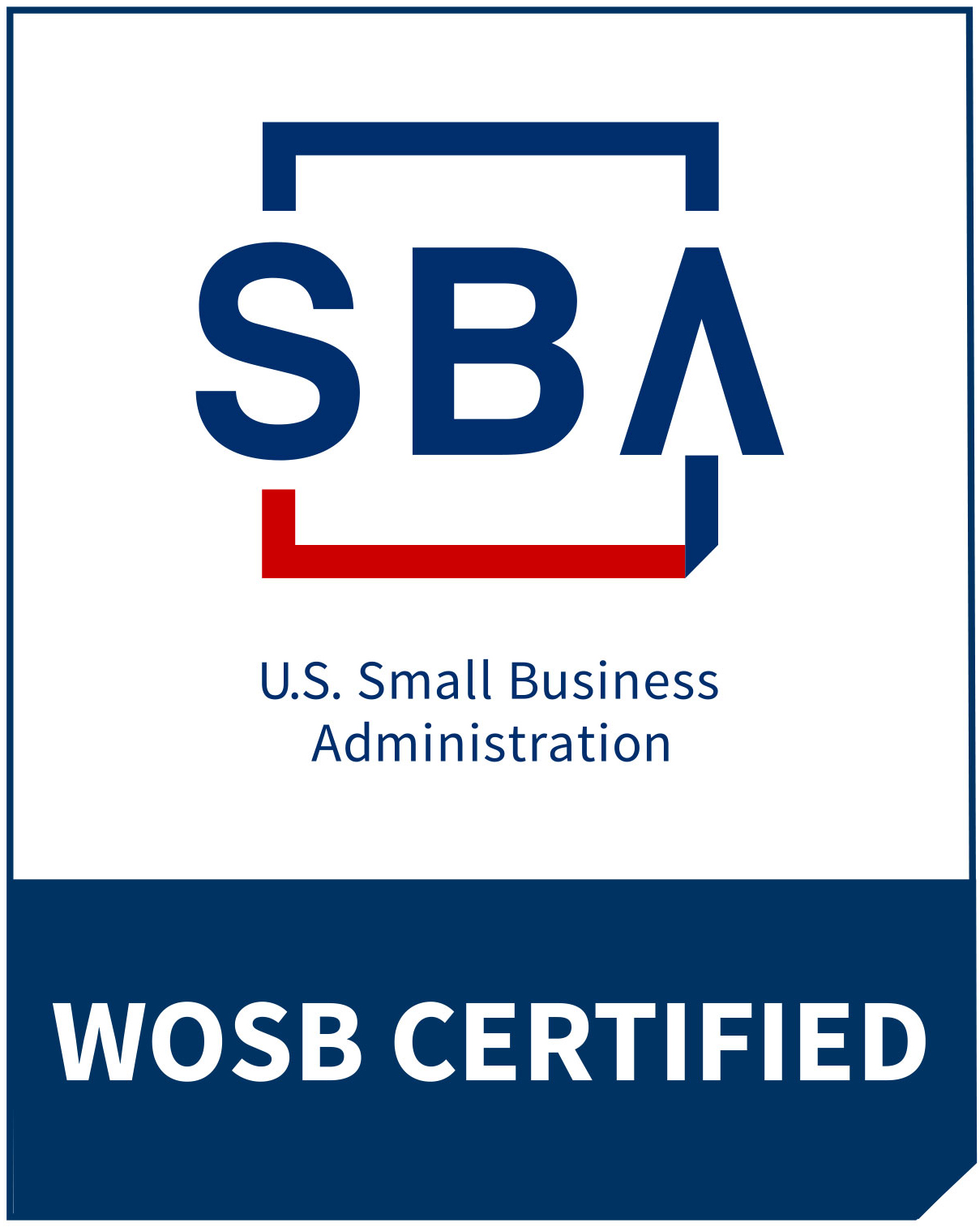The first thing my husband told me when I woke up yesterday was the ship allision causing the collapse of the Francis Scott Key Bridge, and the closure of the Port of Baltimore to marine traffic. I was quiet. The enormity of the implications was going to take a while to sink in.

I knew this from experience. Unfortunately, I have been closely involved in communal and personal tragedies like this before – 9/11, a burst water main destroying a network operations center (before there were cloud environments), the mental health crisis of a loved one. These (and more), like the Key Bridge allision, were catastrophic calamities with rippling effects to be felt over time in multiple sectors. I am not alone – many of you have also experienced these types of devastating events – some alongside me.
Much has already been written about the potential causes, the state of our national transportation infrastructure, the insurance claims, the political, economic, and social impact on the Port of Baltimore, the state of Maryland, and the East Coast. I could highlight all my connections with the port and the bridge. My business advisor would recommend pontificating (from first-hand experience) on best practices for communications, leadership, and logistics.
However, what is coming to mind is our resilience. These tragedies, especially these large communal ones, are part of life, and we need resilience (personally and organizationally) to deal with them, and to survive. We need to triage our priorities – how does this impact us?
For some of you, who are farther away from the situation geographically, personally, professionally, logistically, or otherwise, the impact may be minimal. If the only way it impacts us is emotionally, then we need to let ourselves know that it is okay to feel whatever it is this brings up – shock, fear, sadness, awe, curiosity, and more. For me, it will take some time to fully understand all the implications. Because the ripple effects are not completely known yet. The decisions that people make in the wake of this will create new ripple effects. What I feel today will not be what I feel in a few months.
We will be living in limbo, and a new state of unknowing, for a while, possibly years. This can create unease for many. And while we are navigating this current tragedy, we need to take care of ourselves, because something else may indeed crop up.
As individuals and as leaders, we need to know that people must come first. It is not until we take a breath and think of ourselves and our people that we can begin to act to adapt.



